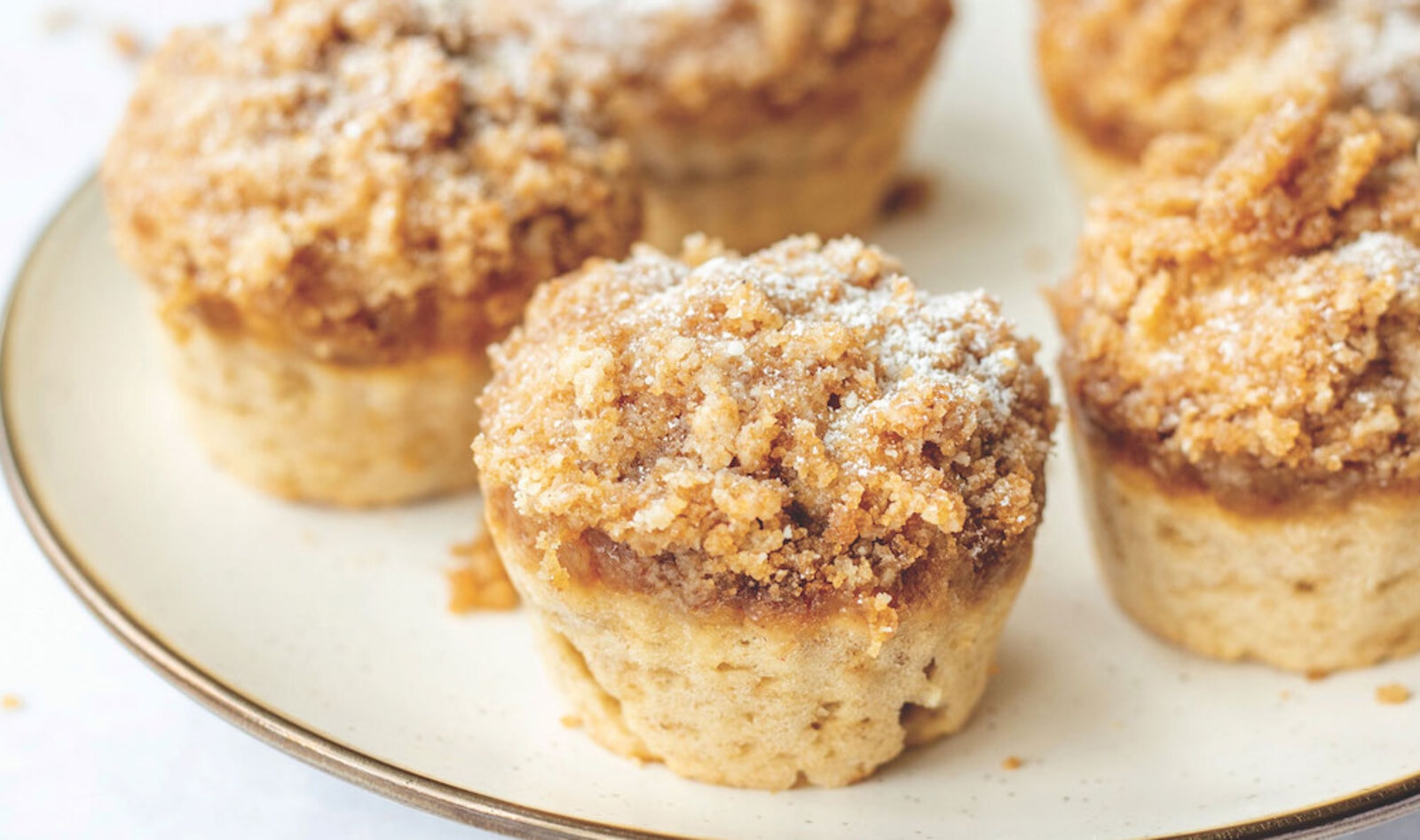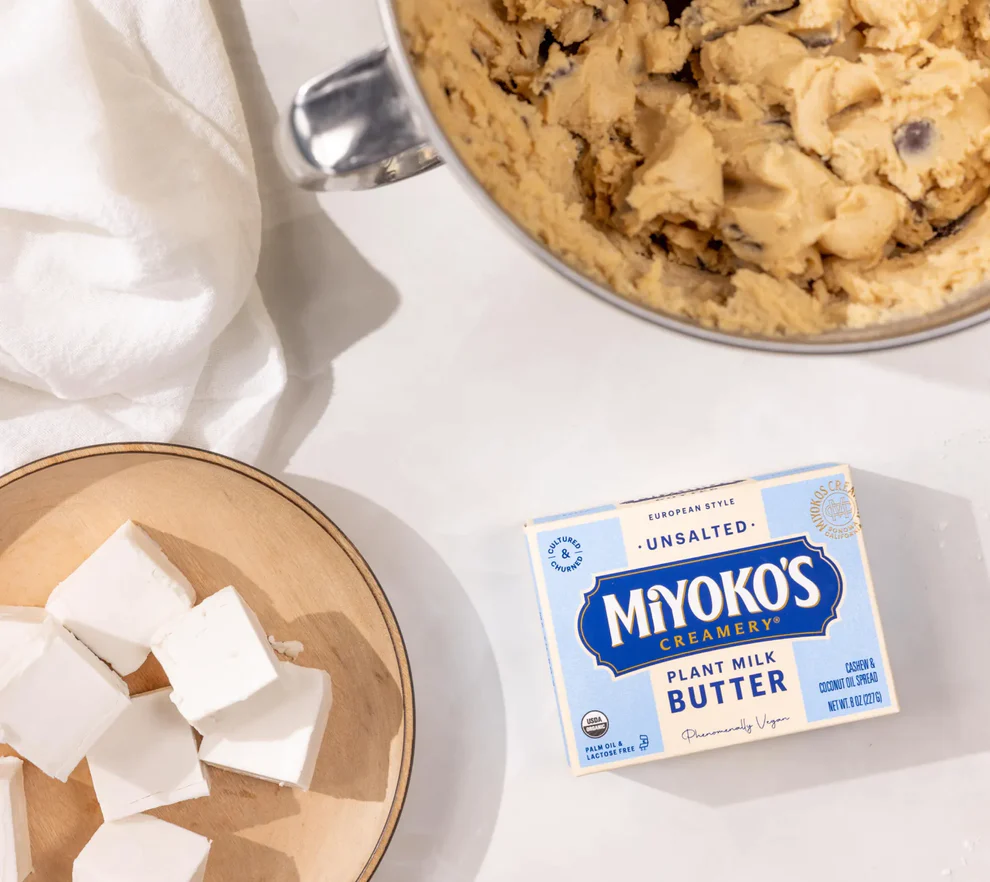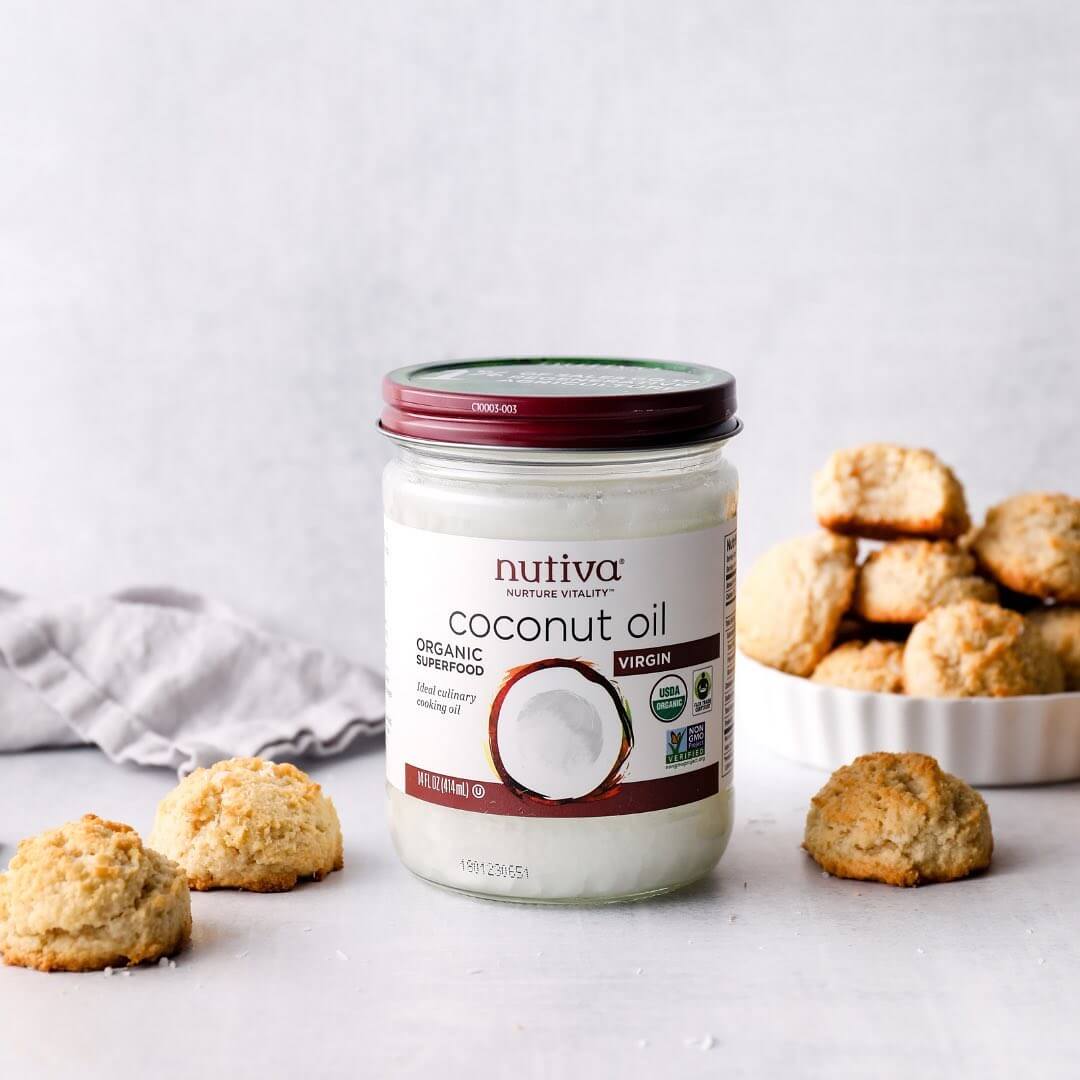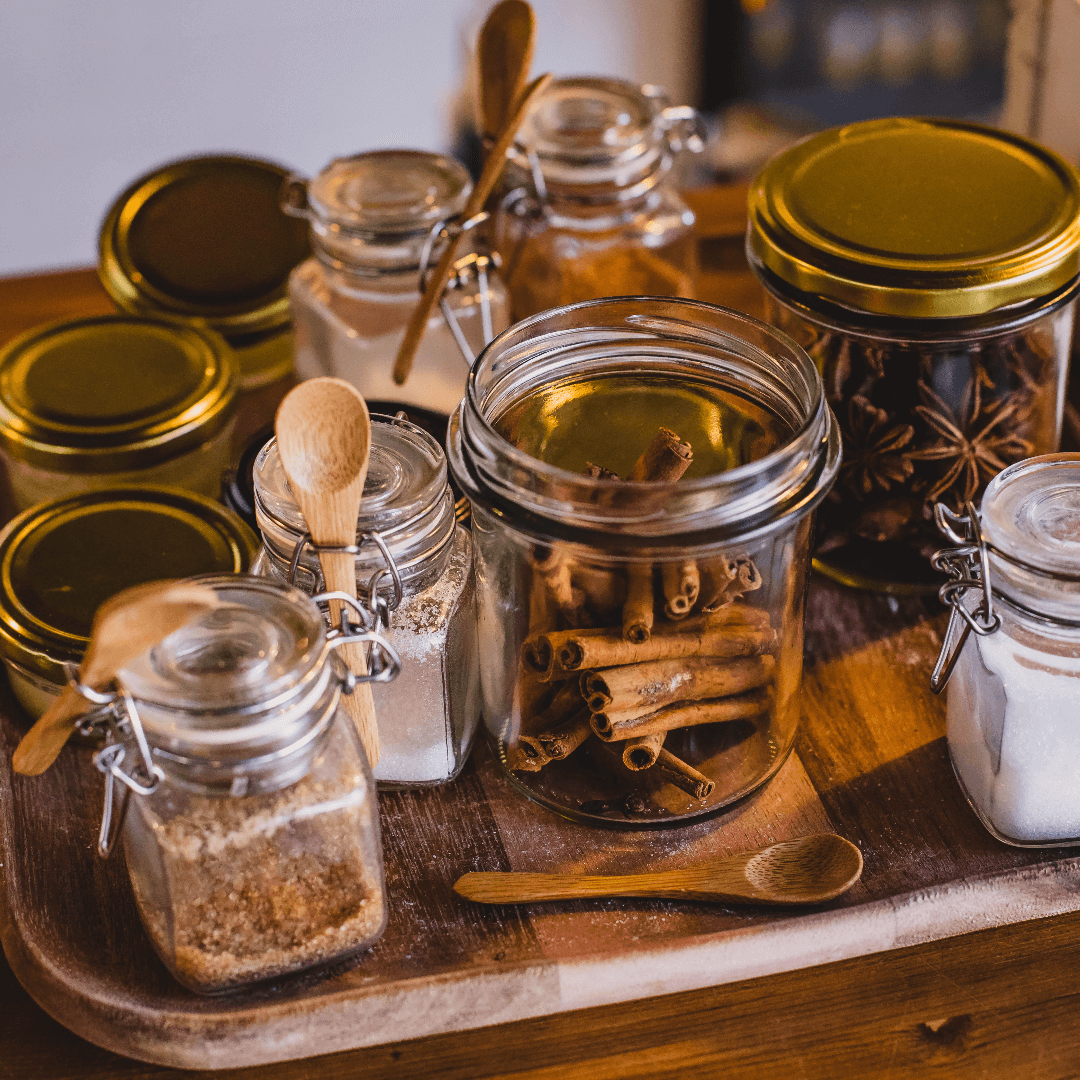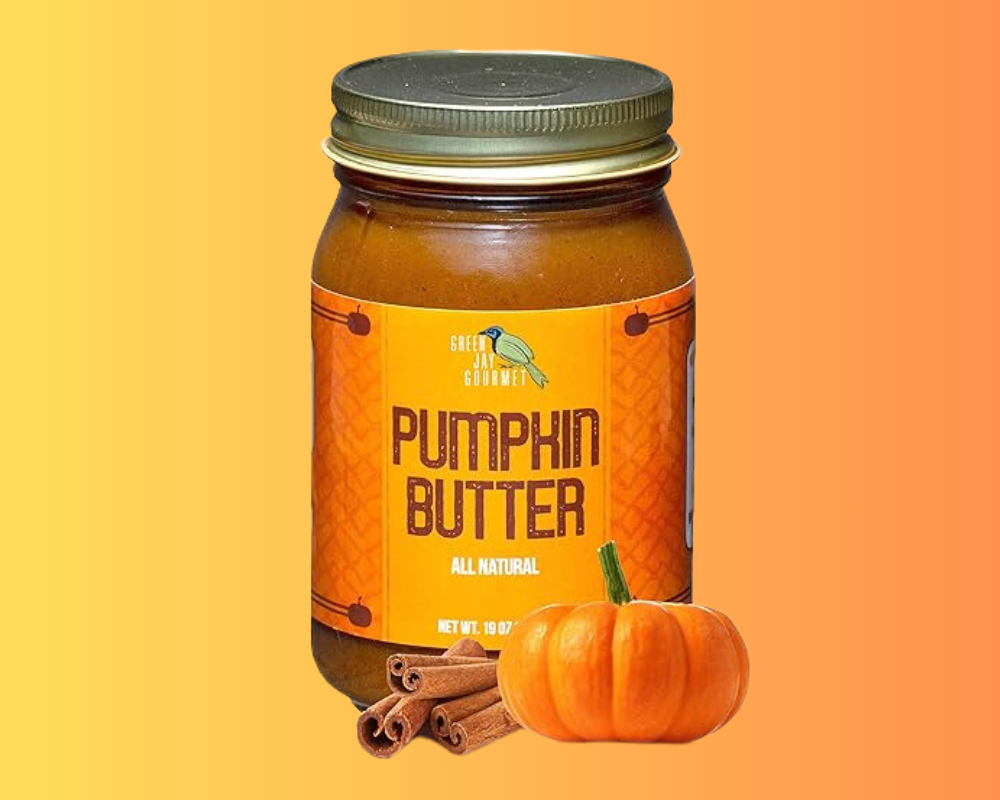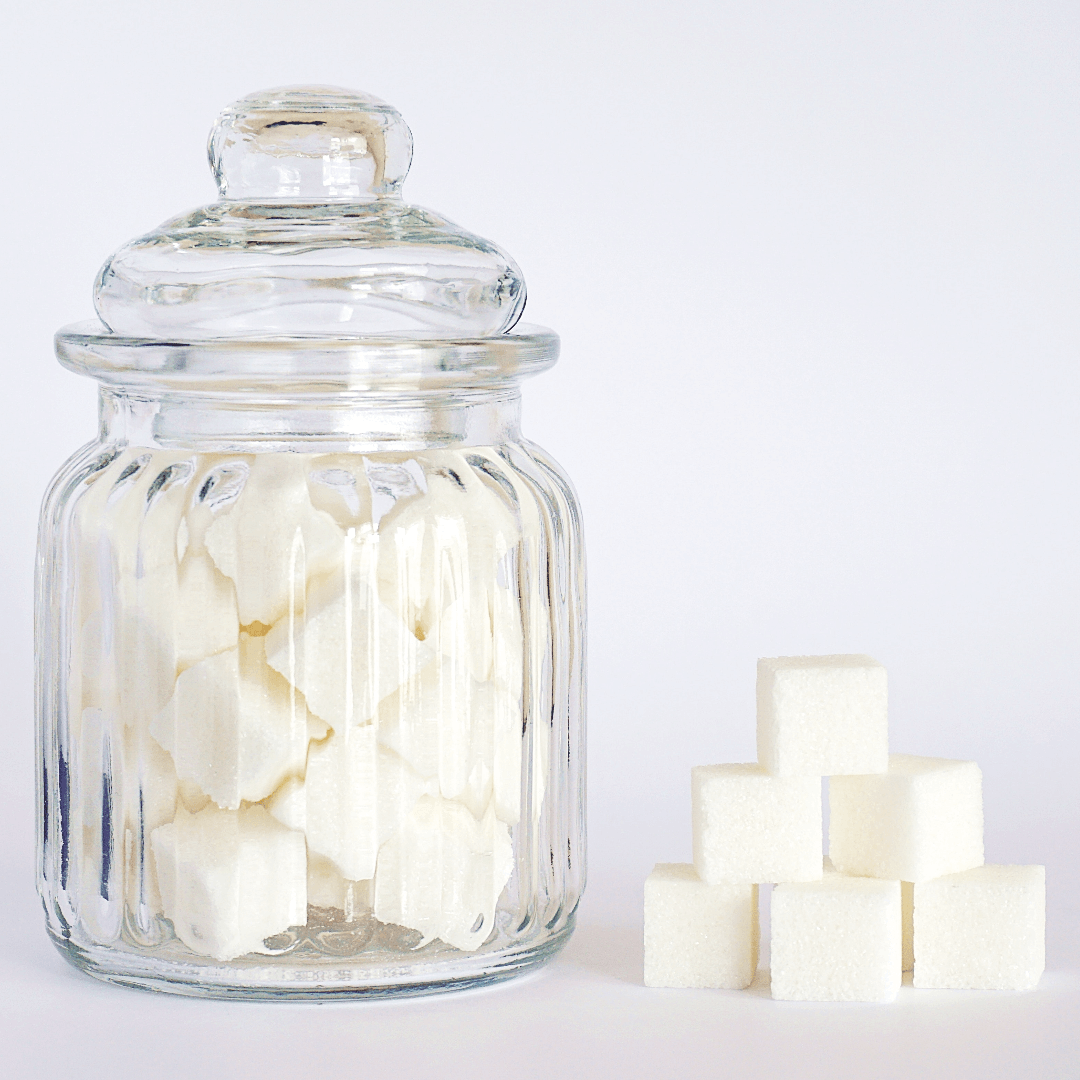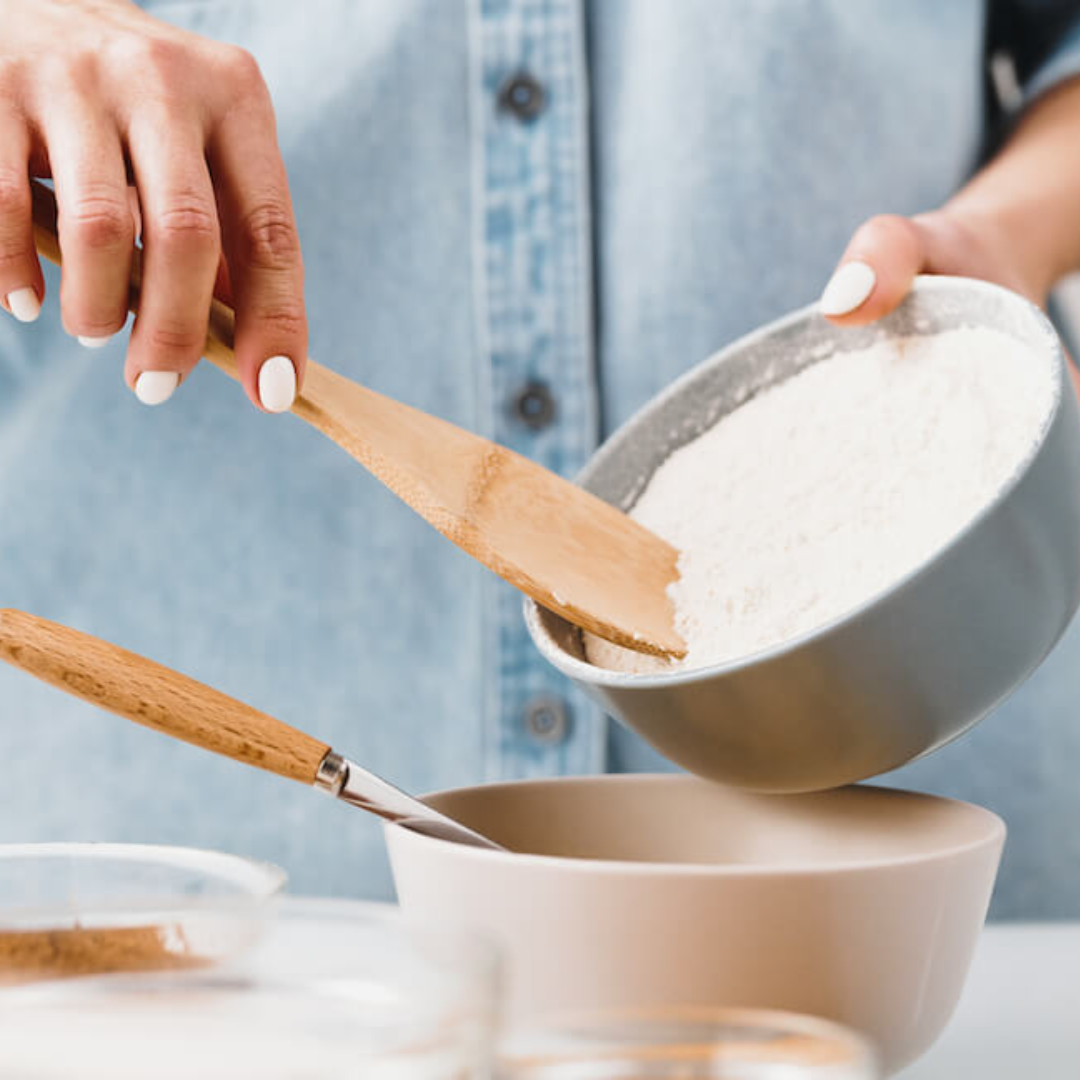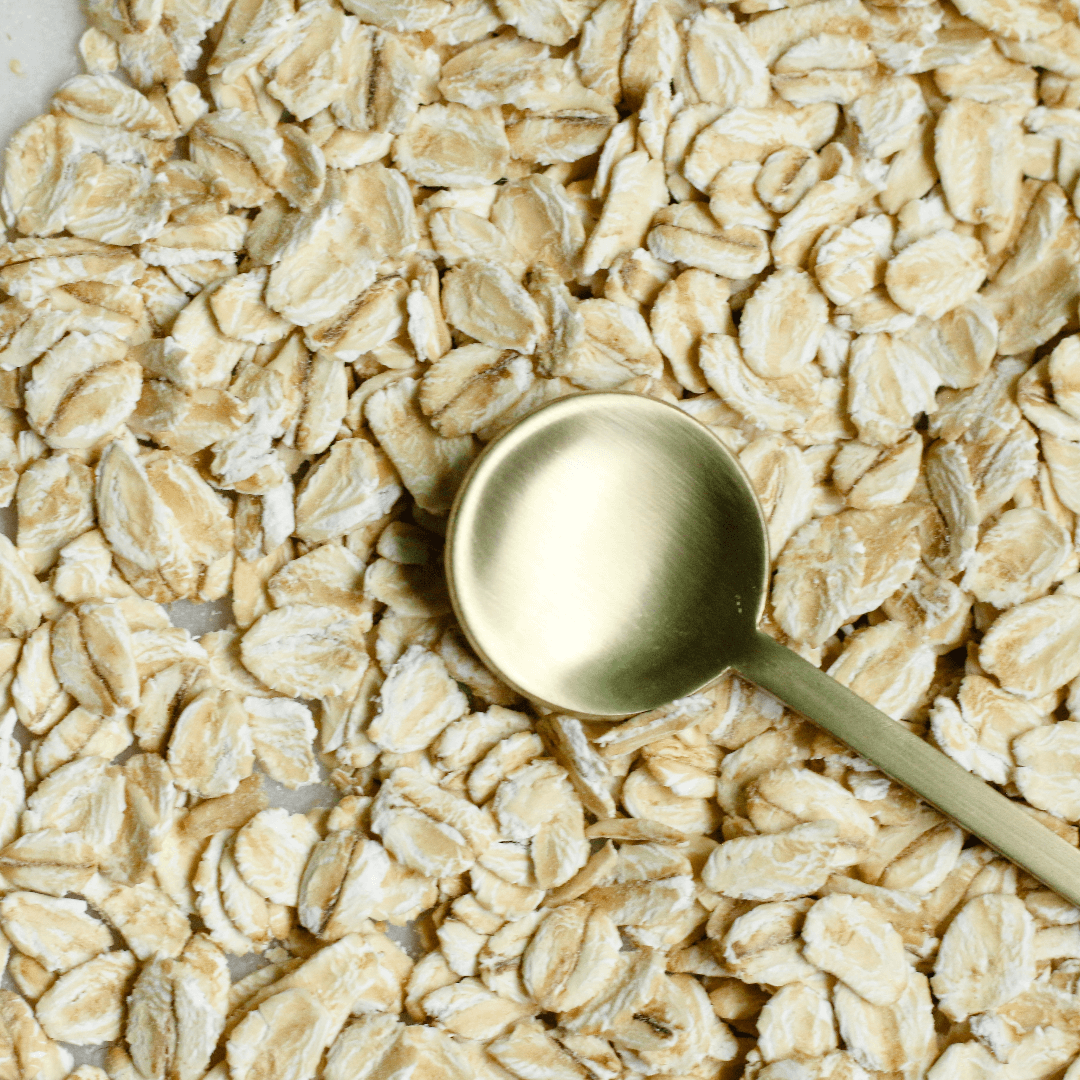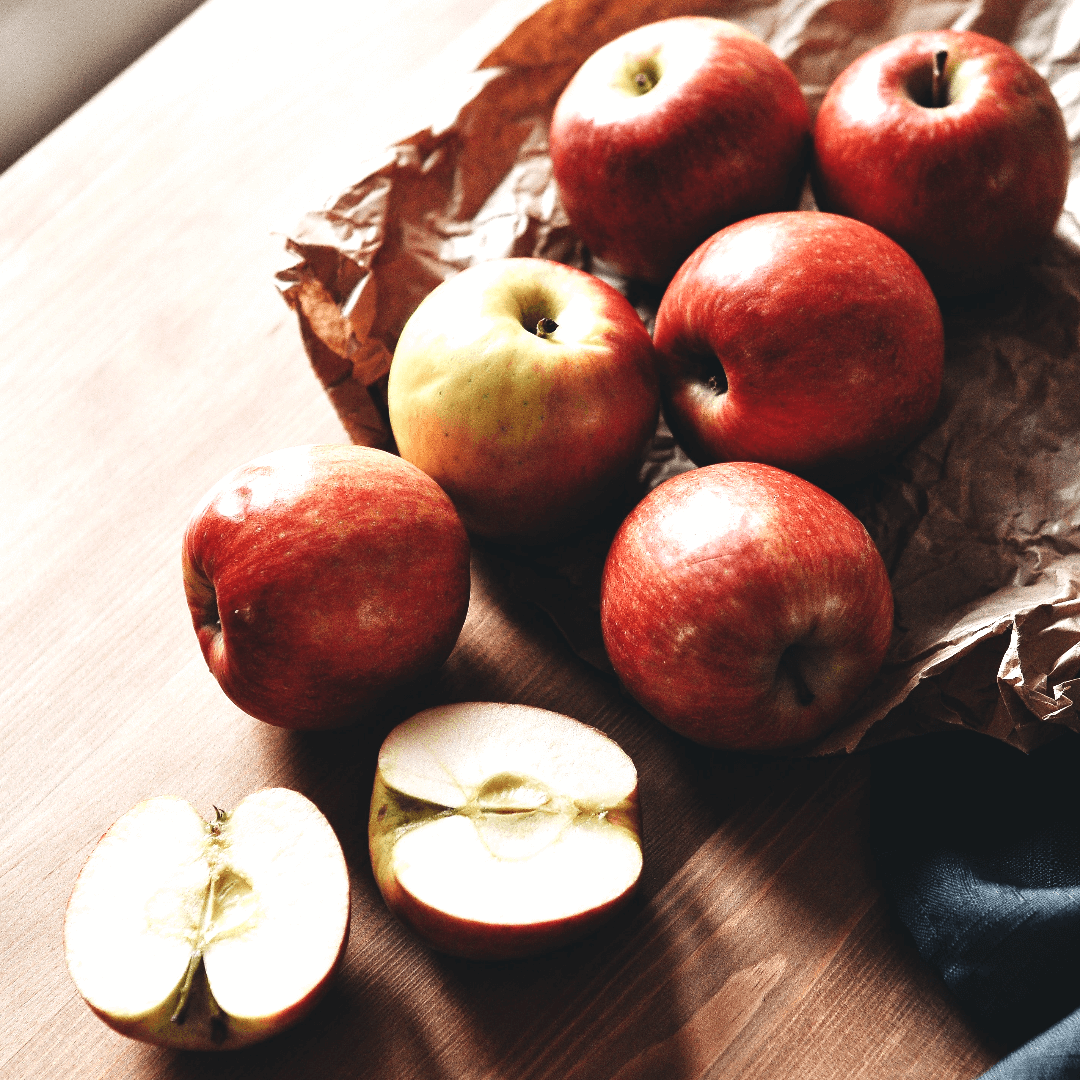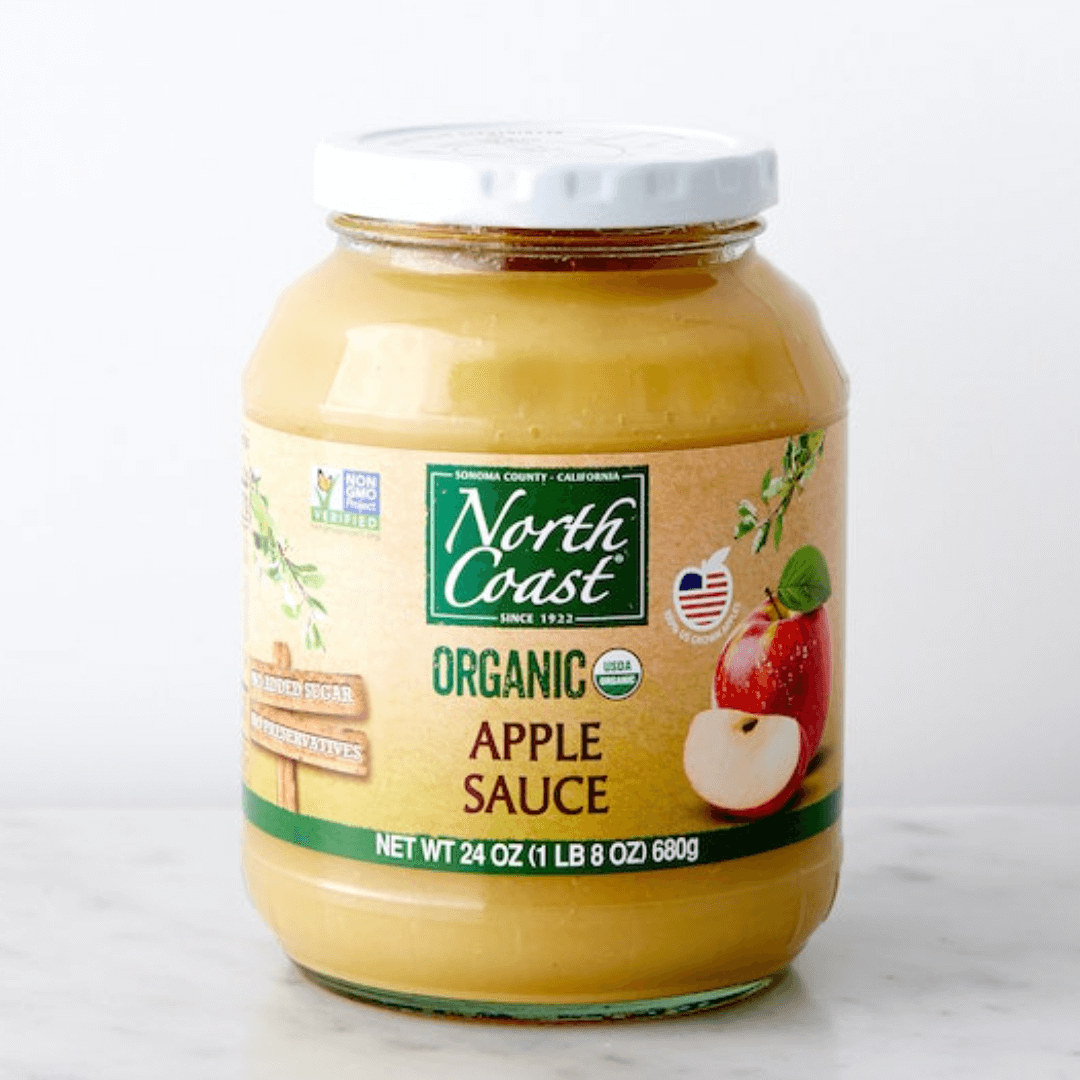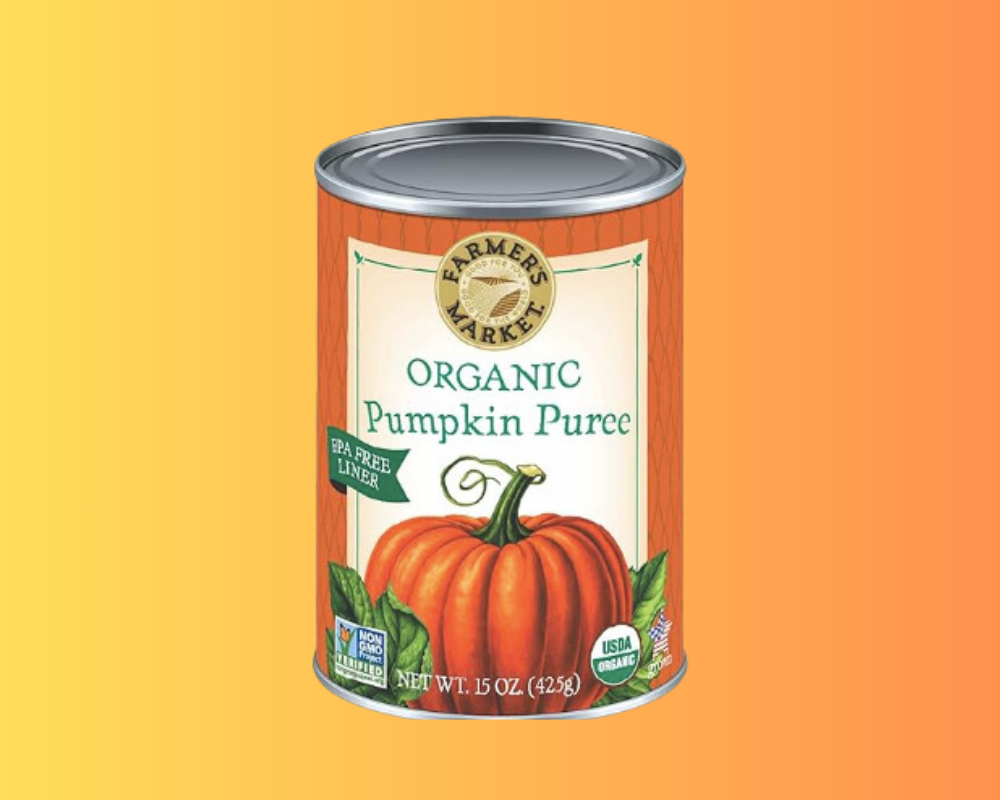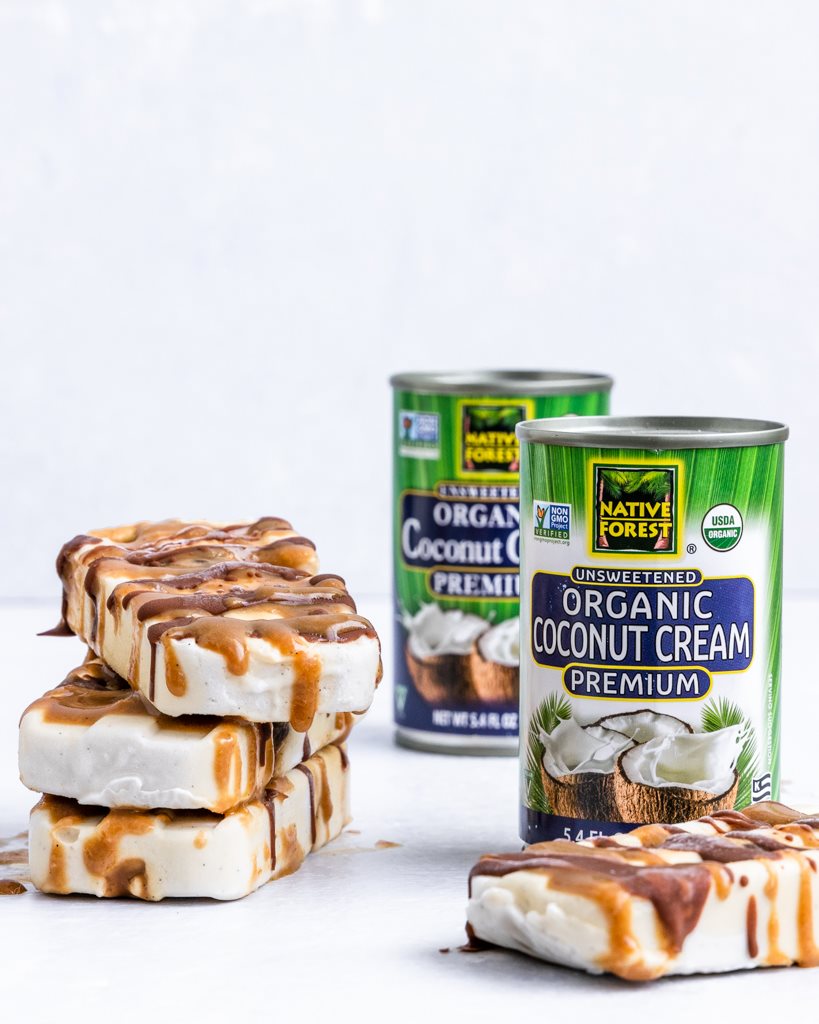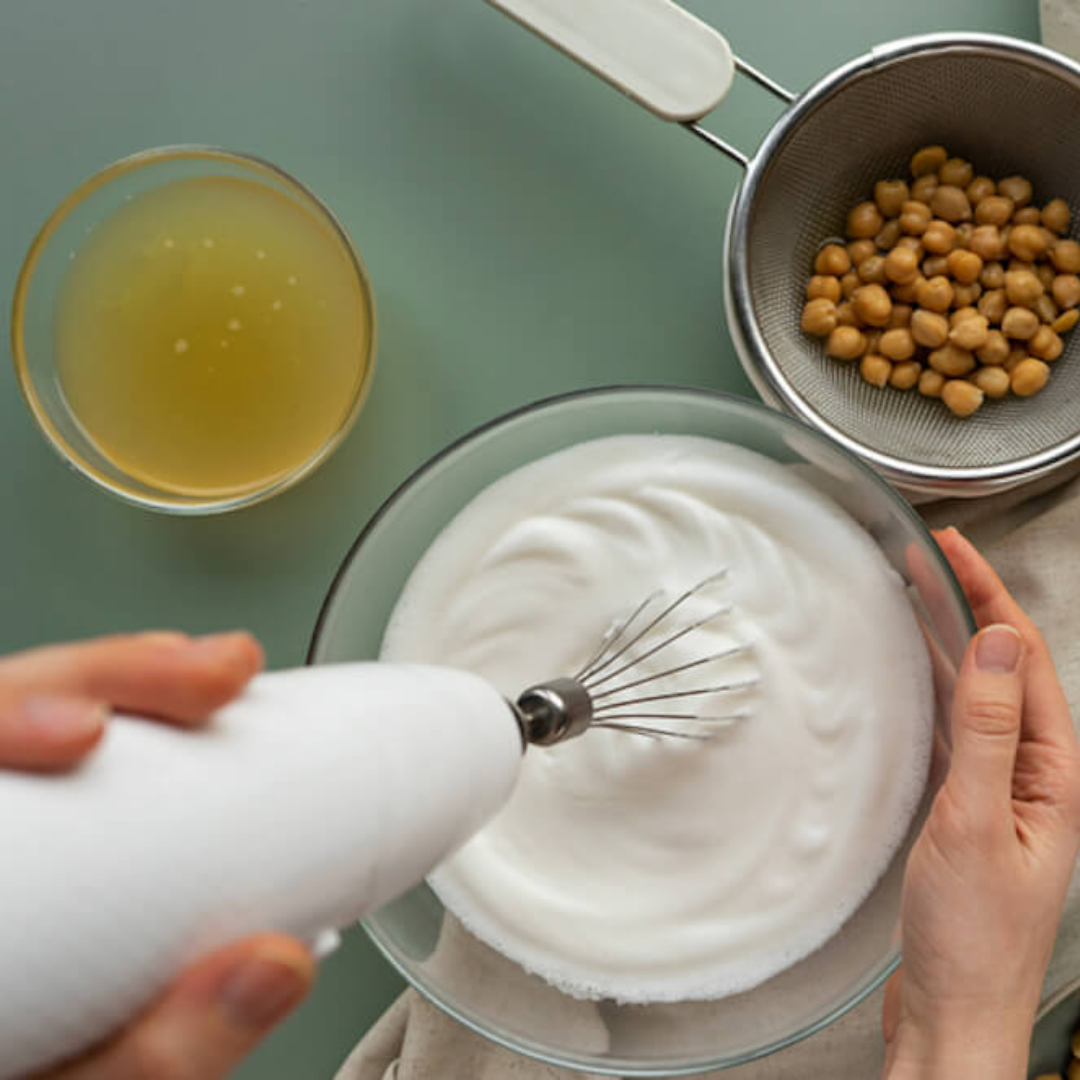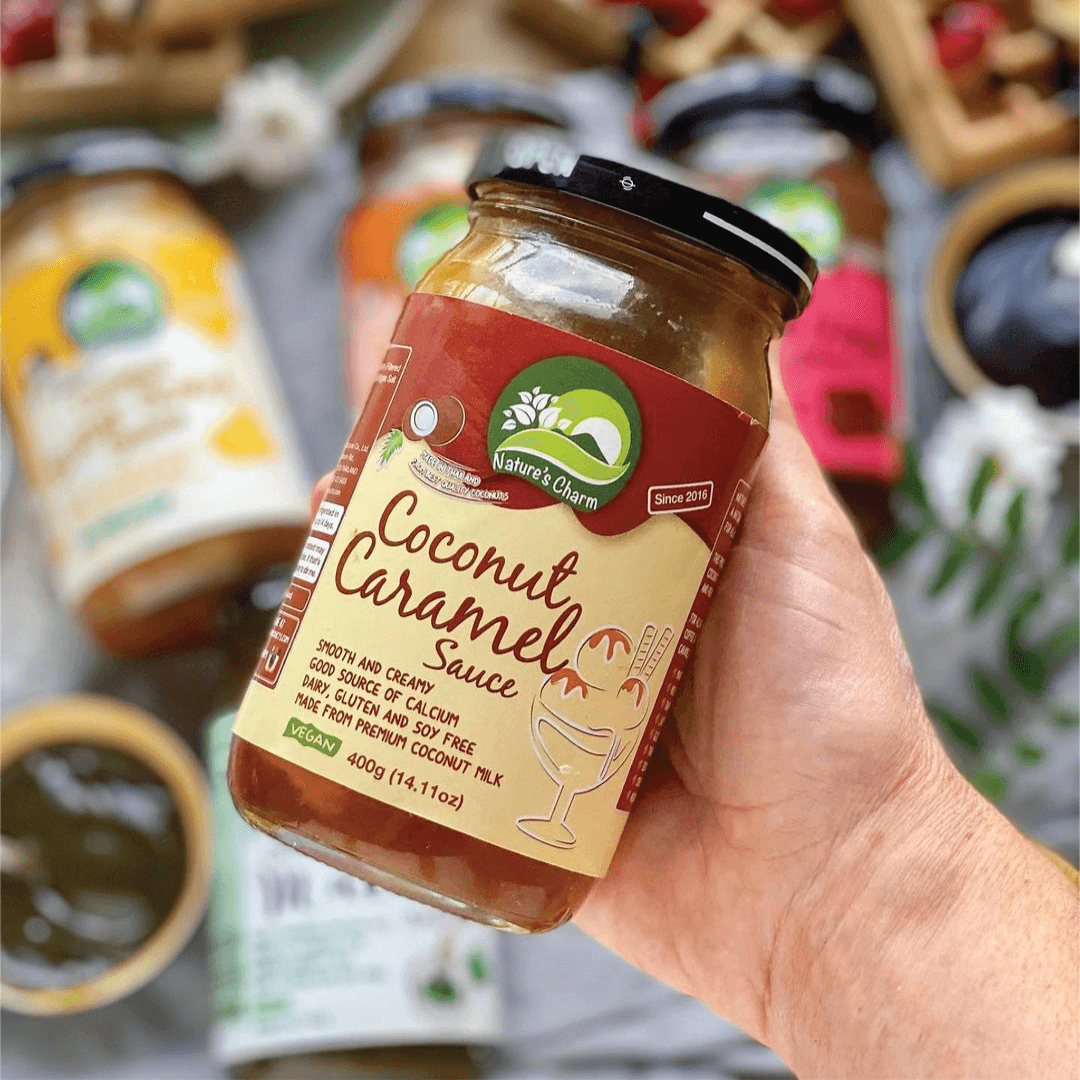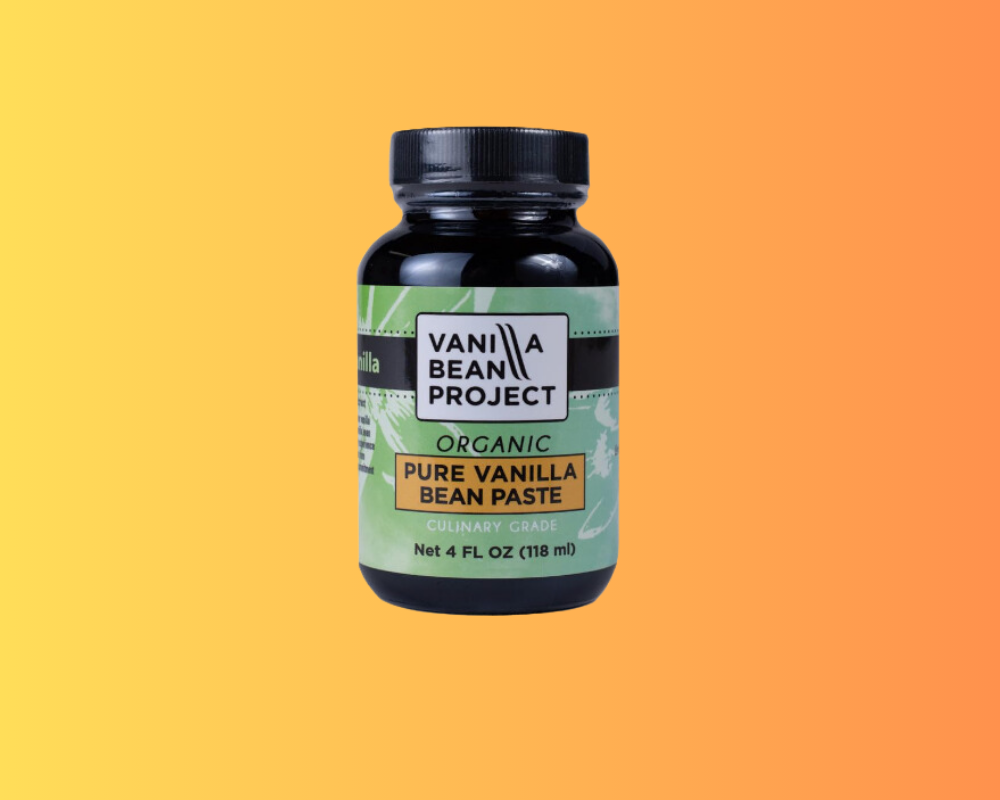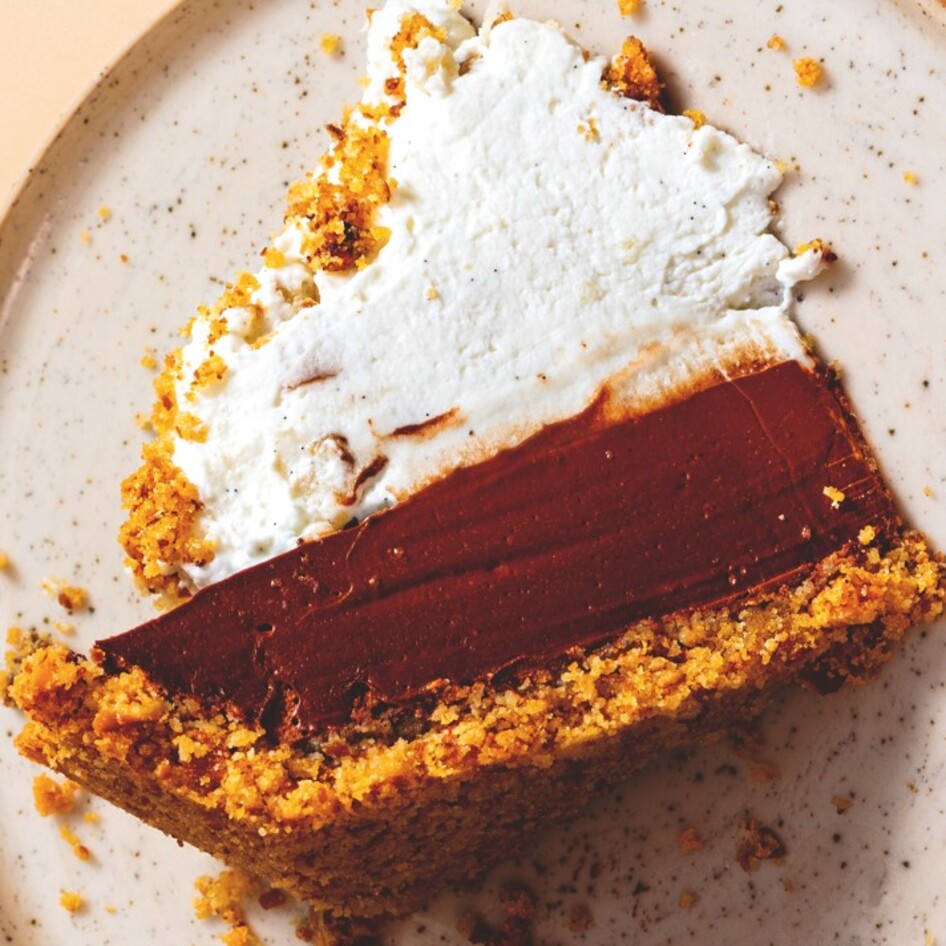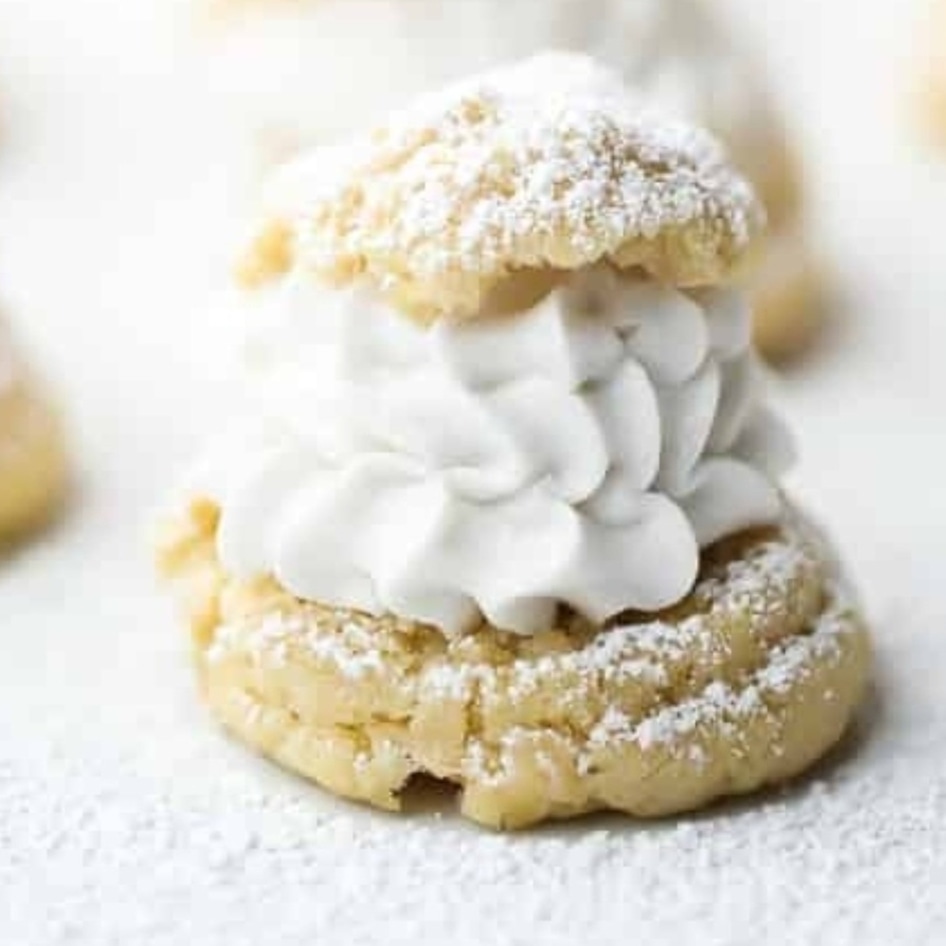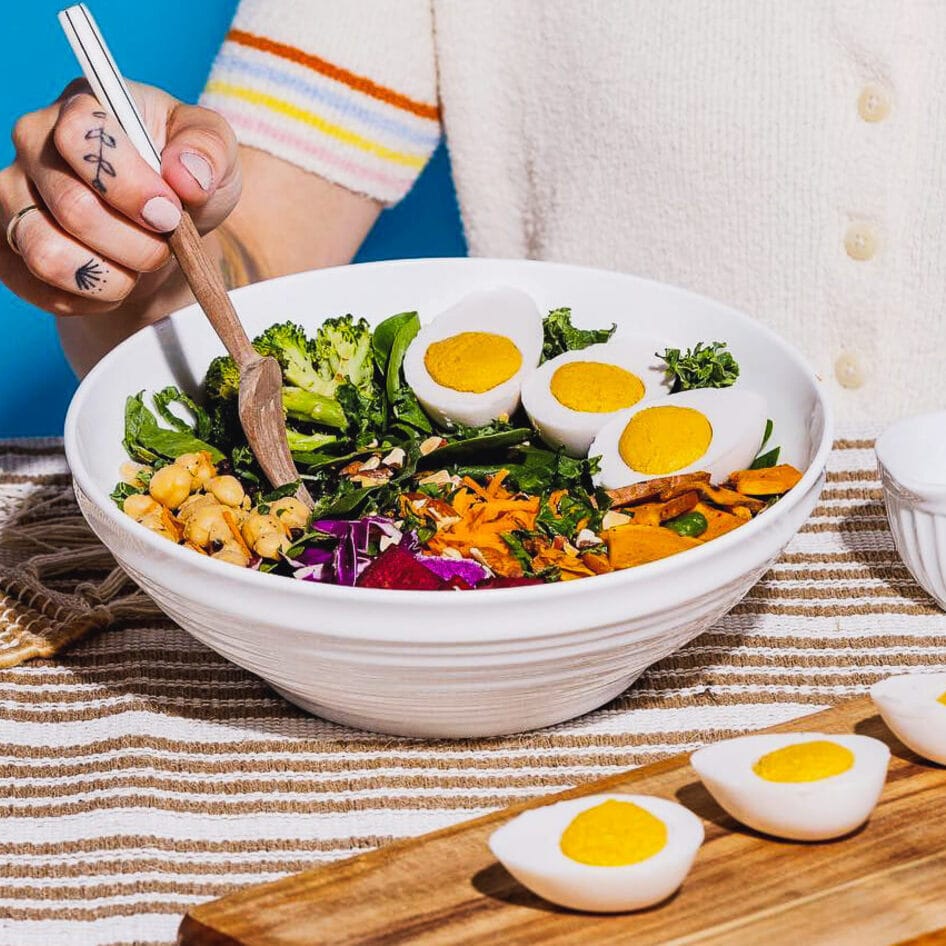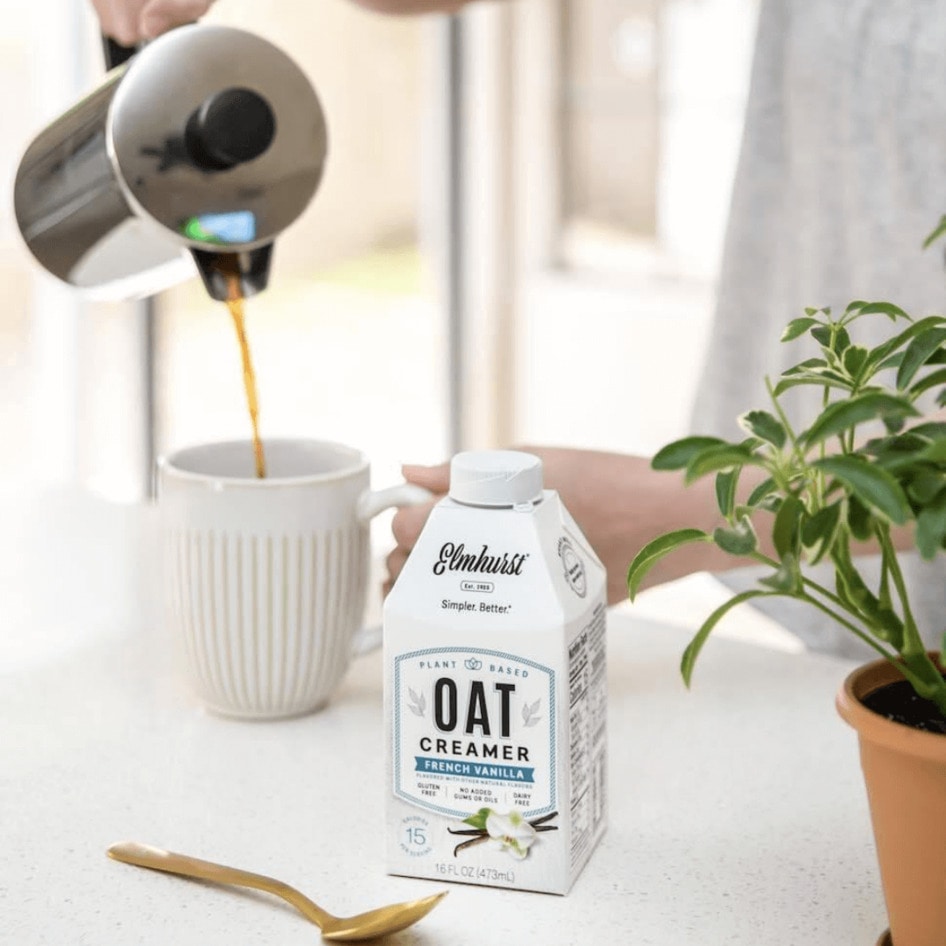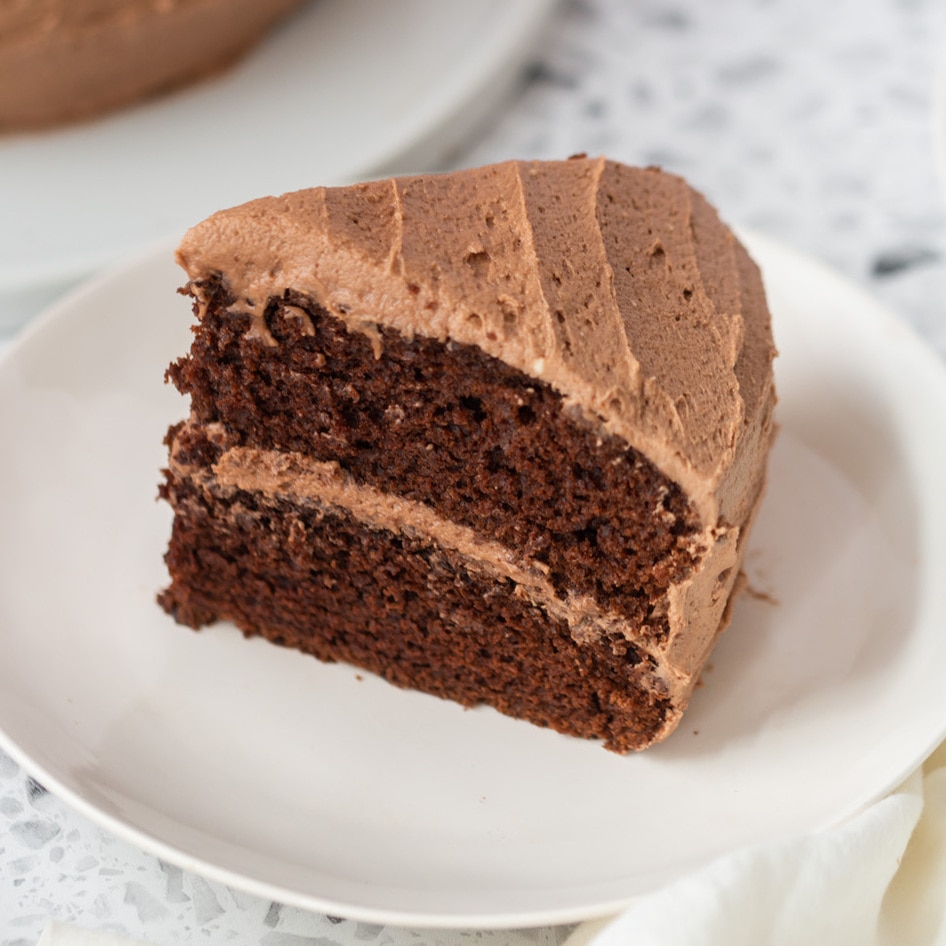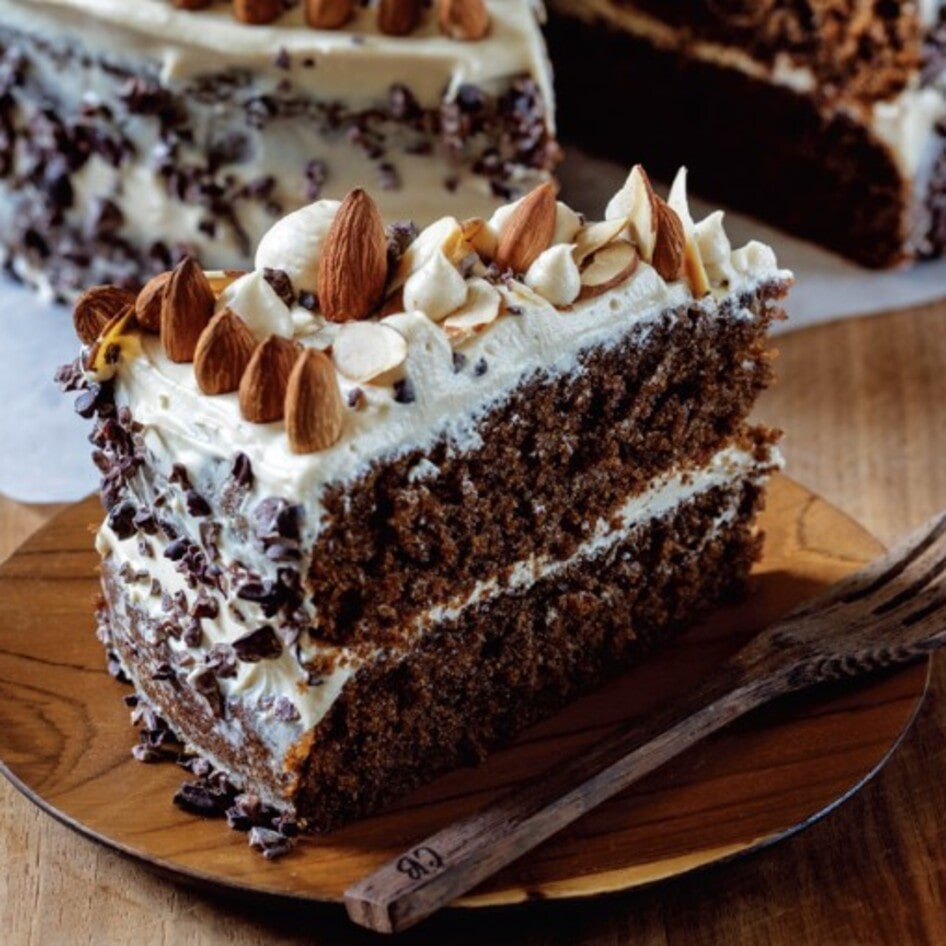Autumn is meant for breezy, no-hassle baking. No one wants to be in baker’s mode only to realize a few missing ingredients are separating them from the perfect creation. By the time you make the blustery trek to the store, the passion to bake is often gone. Prepare your pantry well, and you can whip up pumpkin pie bars or an apple crumble whenever your heart desires. Here are 16 vegan essentials to keep on hand come throughout fall.
But first, let’s take a look at what vegan baking actually is and which ingredients to be mindful of, as well as some of the benefits of swapping out animal products for plant-based ingredients.
What is vegan baking?
Vegan baking is just like regular baking, only without the eggs, cow’s milk, and dairy butter. Because, of course, these ingredients are all animal byproducts. With that in mind, vegan baking does require a few swaps. Some of these are simple, like swapping dairy butter for a vegan alternative. Others can feel a little more complicated at first, like swapping eggs for a store-bought egg replacer (or even aquafaba!).
 Canva
Canva
If you’re new to whipping up a sweet treat without animal products, finding alternatives to your usual go-to’s can feel a little intimidating. But we’re here to show you that when you know how, vegan baking can be simple and delicious. You won’t feel the need to go back to regular animal ingredients again. For more guidance, check out our guide on How to Bake Vegan or follow these vegan baking tips from pastry chef Fran Costigan. You can also keep reading to find out more about three baking staples: flour, butter, and eggs.
Is flour vegan?
Pretty much all flour varieties are vegan, however, there are some unusual exceptions. Bug flours, for example, are becoming more popular. Yep, you read that correctly. In some markets, you can find cricket flour or mealworm flour. However, this is not the norm. Most mainstream flours, such as white, whole wheat, self-raising, and all-purpose, are vegan.
While some have raised concerns in the past that white flour contains bone char, the Vegan Society has confirmed there is no evidence to support these claims.
Is butter vegan?
Butter is another key part of baking. Some people who are lactose intolerant continue to eat butter, so there can be confusion around whether it contains dairy or not. But for the most part, butter is made with cow’s milk, or occasionally, sheep’s, goat’s, or yak’s milk, which means it is not vegan.
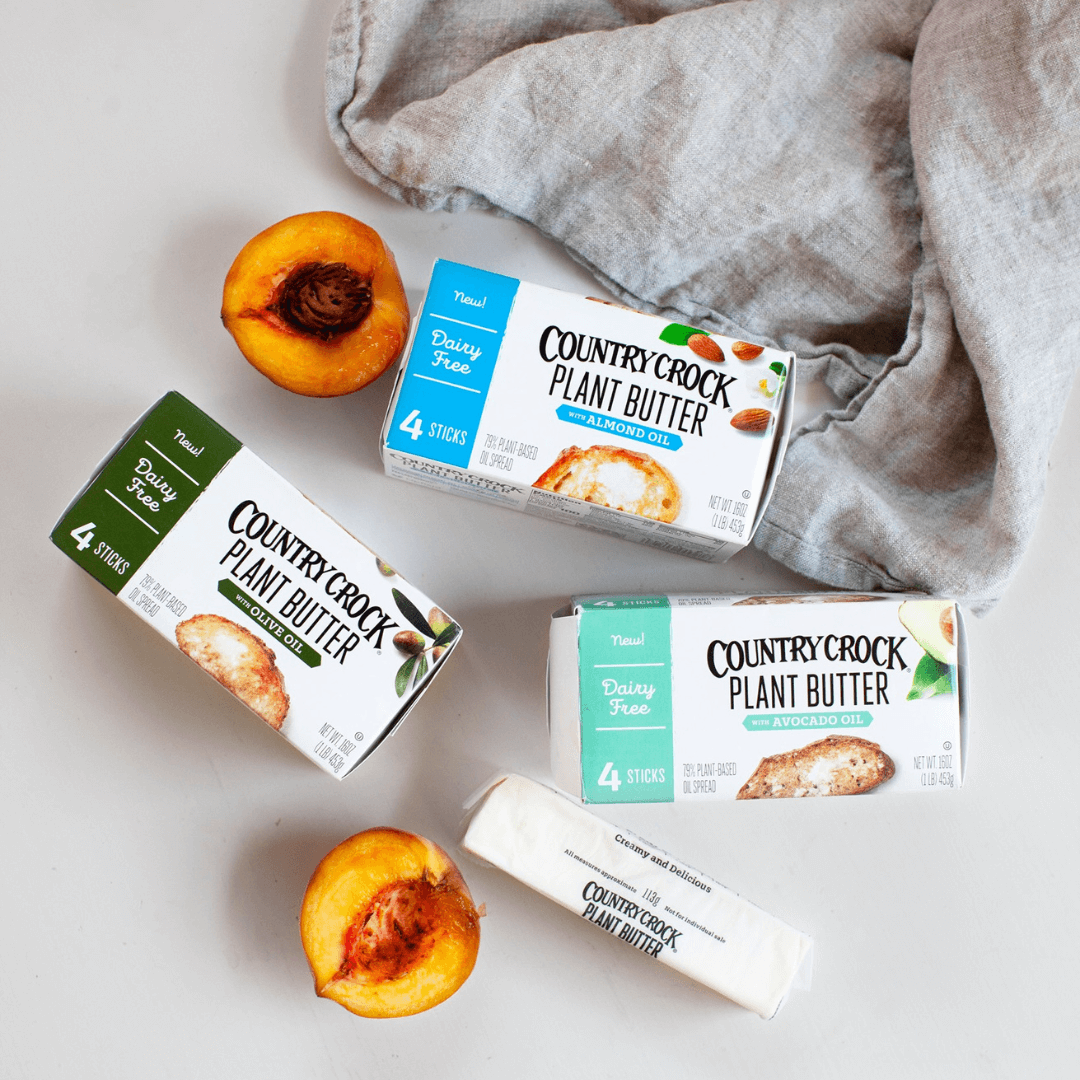 Country Crock
Country Crock
The reason some with lactose intolerance continue to eat butter is that it is often lower in lactose than other dairy products. However, there are plenty of plant-based butter alternatives available. Check out The Comprehensive Guide to Vegan Butter for an in-depth round-up of all the vegan butters on the market.
BECOME A VEGNEWS VIP: Get exclusive product deals, freebies, and perks galore!
Vegan baking without eggs
Because eggs come from birds, they are, evidently, not vegan. The most common type of egg used in baking is a chicken’s egg, although some people also choose to use duck eggs or quail eggs, too. But you don’t need to use eggs at all. Because they serve as a binding ingredient, many plant-based alternatives, like flax seeds, mashed banana, and applesauce can do the same job. Aquafaba (also known as chickpea brine) is another popular alternative. For tips on how to make and use aquafaba, follow our guide—but beware! It just might change your life.
Is vegan baking healthier?
Let’s begin by saying that vegan desserts are not health foods (unless you’re following a recipe that specifically prioritizes nutrition). Just because you’ve swapped animal butter for vegan butter doesn’t mean cake is now good for you. (Sorry.)
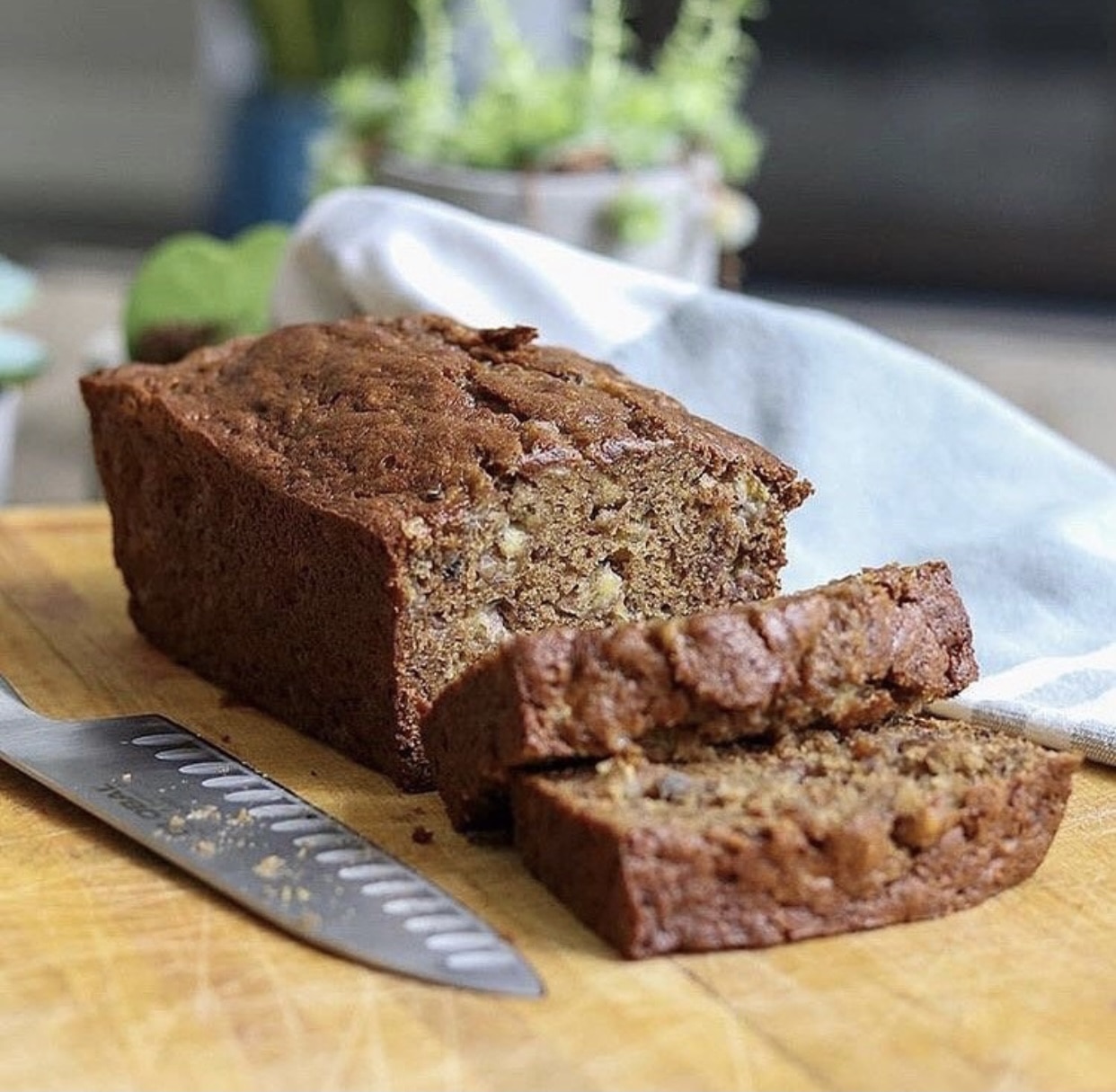 King Arthur
King Arthur
But as many animal products, like butter and egg, are high in cholesterol, cutting them out may benefit your health. That said, be mindful of what you replace them with if you’re trying to bake healthier treats. Coconut oil, for example, is high in saturated fat. Of all cooking or baking oils, canola has the lowest level of saturated fat.
And, it goes without saying, but adding in ingredients like seeds and fruits will improve the overall nutritional content of your baked goods.
Vegan baking products
For more tips, swaps, and vegan baking ideas, we’ve gathered 16 vegan products you’ll need for fall baking. (We’re talking all the cold weather classics, like warming apple pies, indulgent holiday desserts, and pumpkin spice muffins, you know the drill.)
1Vegan butter
There are plenty of vegan butter alternatives available, which is important, because butter is an essential baking ingredient. It’s essential for flaky pie crusts, cookies, buttercreams, rich dessert bars, crumbly toppings, and more. Stock up so you’ll always be ready to whip up something delicious.
FIND it here
2Coconut oil
Unless a recipe specifically allows you to swap coconut oil for another vegetable oil, don’t do it. Because this oil is solid at room temperature, it’s a necessary component for no-bake desserts. Without it, they’d never firm up. Melted coconut oil can also double as an egg wash substitute for pie crusts and enriched breads.
FIND it here
3 Warming spices
Pumpkin pie spice is obvious, but if that’s the only spice you use during the fall season, you’ll tire of it quickly. Make sure you have cinnamon, cloves, nutmeg, ginger, allspice, cardamom, and black peppercorns on hand. A pinch of crushed peppercorns can add just the perfect touch of subtle heat to add a complementary depth of flavor to pies, bars, puddings, and cheesecakes.
Find it here
4 Pumpkin and apple butter
These concentrated fruit spreads always make baked goods even better. You could make them yourself by cooking down a colossal amount of apples or pumpkin with sugar and some spices, but the jarred varieties are so much more convenient. watch out for honey lurking in the ingredients (such as in the Trader Joe’s variety). Pair with apple spice muffins, pumpkin waffles, cinnamon pancakes, and flaky biscuits for the ultimate fall treat.
Find it here
5Sugars
Granulated sugar is a given, but fall baking can also be achieved with a variety of granulated sweetners. Grab brown sugar for brownies, blondies, and cookies; powdered sugar for frostings and dusting bundt cakes; maple syrup for fillings and sweet sauces; and coconut sugar if you’re into alternative baking.
Find it here
6Flours
Yes, you’ll need multiple types of flour—all-purpose, almond, and wheat tend to be the most commonly used. You can substitute wheat-based flours interchangeably, but the measurements will differ if opting for almond, chickpea, or other gluten-alternative flours. For a longer shelf-life, keep them in the freezer (just be sure to bring them to room temperature before using).
Find it here
7Cornstarch
Cornstarch is often used as a thickening agent for pie fillings, fruit sauces, custards, and puddings. Cornstarch can also help make baked goods, like cakes and cookies, more tender and delicate. To achieve this, you can replace a portion of the flour in your recipe with cornstarch. (just not too much!) In some recipes, cornstarch can also be used as a binding agent, similar to how eggs or other thickeners work.
Find it here
8Oats
What’s the difference between a crisp and a crumble? Oats. A crisp is oat-free, a crumble should always have oats. Pro tip: never buy oat flour. If you have old-fashioned oats on hand (not steel-cut), you can make your own oat flour at a fraction of the price by pulverizing oats in a high-speed blender.
Find it here
9 Apples
Whether you pick them at a local farm, select them from a farmer’s market, or bag them at the store, apples are the star of early fall baking. When making cobblers, crisps, and pies, incorporate a mix of varieties for the best flavor and texture. Solid baking apples include Granny Smith, Honeycrisp, Braeburn, and Pink Lady.
Find it here
10Applesauce
Applesauce serves two applications—it can be used to swap out oil in a recipe for a healthy spin, and it can also act as an egg replacer in some recipes such as brownies and quick breads. Learn more about basic vegan baking swaps here.
Find it here
11Canned pumpkin
There is no need to go through the hassle of making your own pumpkin purée. The canned option is convenient, affordable, and works just as well. Just be sure you’re grabbing pure pumpkin, not pumpkin pie filling (the latter is sweetened and spiced).
Find it here
12Full-fat coconut milk or cream
For creamy fillings, moist cakes, and fluffy whipped creams, you need a can of full-fat coconut milk. Many recipes call for just the solid part, so save time by storing a few cans in the fridge and do not shake them unless the recipe specifies. It tends to sell out during the holiday months, so make sure to stock up.
Find it here
13 Vegan cream cheese
Who doesn’t love a giant, tender pumpkin spice muffin with a sweet cream cheese filling? Cream cheese frosting and pumpkin go hand-in-hand, so make sure you always have a tub in the fridge. Favorite brands include Kite Hill and Miyoko’s vegan cream cheese.
Find it here
14Canned chickpeas
Don’t drain the chickpeas! You need the brine to make vegan meringue magic (aka aquafaba). When whisked into oblivion with a bit of sugar, this bean liquid transforms into pillowy-soft peaks that perfectly mimic an egg white. Throw the actual chickpeas onto a salad or make chickpea blondies.
Find it here
15Vegan caramel
You could make your own, but we like to have a jar of Nature’s Charm Coconut Caramel Sauce on hand to instantly drizzle over apple spice cakes, vegan pumpkin ice cream, and whip cream-topped apple cider.
Find it here
16 Vanilla
When vanilla isn’t the star of the show in a recipe, it helps add subtle flavor and nuance to other ingredients. You don’t have to splurge on actual vanilla beans (though it is nice if you want a really pronounced vanilla flavor), but avoid imitation vanilla extract. Instead go for a more budget-friendly, but still premium vanilla paste. It’s a blend of concentrated vanilla extract and vanilla bean powder.
Find it here
For more vegan baking tips, read:
JUMP TO ... Latest News | Recipes | Guides | Health | Subscribe
Here at VegNews, we live and breathe the plant-based lifestyle, and only recommend products we feel make our lives amazing. Occasionally, articles may include shopping links where we might earn a small commission, but in no way does this effect the editorial integrity of VegNews.

